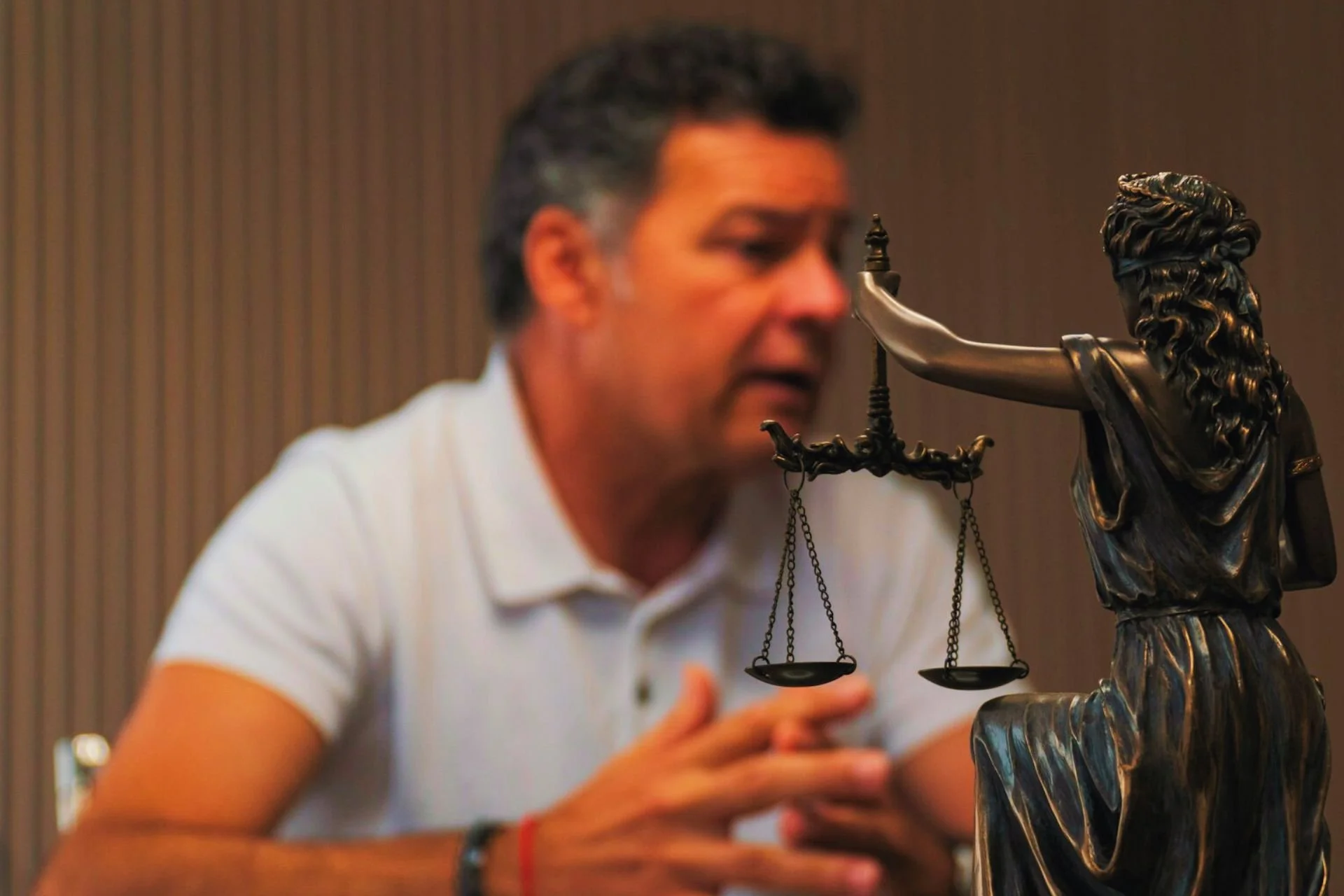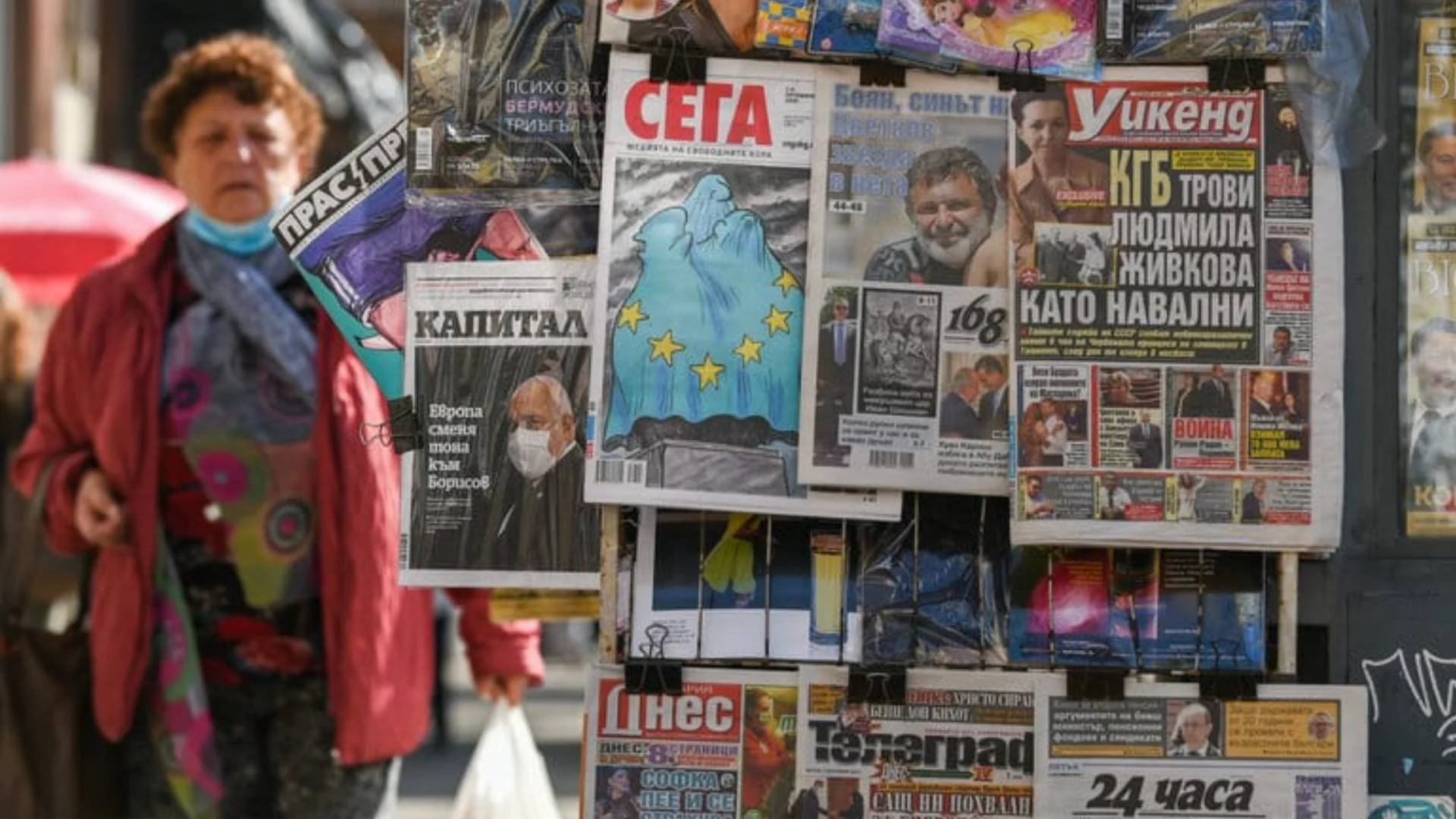EU Media reforms are the missing link in defending European Democracy
From our work in the region, the Balkan Free Media Initiative (BFMI) sees how democratic backsliding, media capture, and foreign interference undermine trust in institutions and weaken Europe’s security. This consultation is timely and must lead to policies that address both root causes and symptoms.
BFMI examines often-overlooked structural mechanisms shaping media ecosystems, through a proactive, results-oriented approach. We combine deep analysis with strategic engagement to connect the policy, private, and media sectors.
To consolidate progress, the EU must confront disinformation, foreign influence, and democratic erosion. Our core recommendation is that the Democracy Shield also apply in candidate countries, where democratic fragility poses direct risks to EU stability.
Our list of recommendations:
1. Media Ownership and Governance
Mandate full transparency of media ownership to expose conflicts of interest and prevent undue influence, particularly by politically exposed persons.
Ensure transparent, fair, and politically neutral allocation of public funds and state advertising to support the independence and sustainability of media outlets.
Involve professional associations and civil society in the appointment of regulatory board members to ensure that public media directors are selected based on merit rather than political affiliation or government-imposed quotas—a persistent issue even in some Western democracies.
2. Support for Independent Media
Promote the development of independent media formats and startup news outlets, recognising their essential role in fostering pluralism, innovation, and resilience in the media landscape.
Encourage investment in training and digital innovation to support the digital transformation, competitiveness, and long-term sustainability of independent journalism.
Provide funding and capacity-building for early-stage European media organisations to support the design, launch, and growth of their journalistic initiatives.
3. Media Impact and Innovation
Introduce a “media impact test” to ensure that regulations targeting large technology platforms do not unintentionally harm editorial media. This assessment should be systematically applied during the legislative process to safeguard media pluralism and independence.
Support innovation and collaboration within the media sector to increase its resilience and reduce dependency on non-European technological infrastructures. EU investment should prioritise the development of independent, interoperable, and public-interest-oriented digital tools and platforms.
4. Monitoring and Addressing Media Concentration
Strengthen oversight of media mergers and acquisitions to prevent excessive concentration and ensure media pluralism, particularly in Central and Eastern Europe.
Support local journalism initiatives to counter media deserts, especially in rural and underserved areas.
5. Safeguarding Against Disinformation
Develop EU-wide guidelines for the ethical use of generative AI in journalism, with a focus on transparency, protection of intellectual property, and safeguards against the spread of disinformation.
Promote partnerships between media organisations and AI developers to create tools that prioritise trustworthy news and effectively detect disinformation.
6. Digital Platforms and Foreign Interference
Foster the exchange of best practices among EU member states in regulating digital platforms.
Establish a rapid and coordinated EU-level response mechanism to prevent foreign interference in elections and the manipulation of public opinion.
7. Advertising Agencies and Due Diligence
Mandate due diligence in advertising distribution, requiring agencies and intermediaries to assess the editorial integrity and factual reliability of media outlets before placing ads to ensure advertising funds do not support disinformation.
Increase transparency in the digital advertising supply chain, giving brands clear visibility into ad placements and requiring intermediaries to disclose placement criteria.
Establish and enforce ethical advertising guidelines that prohibit funding outlets known for spreading disinformation. These standards should apply to both public and private advertisers.
Create incentive programs to direct advertising revenue toward independent and trustworthy media, strengthening pluralism and reducing the viability of disinformation-driven outlets.
Monitor and audit advertising practices through independent bodies, with regular public reporting to ensure compliance and highlight areas for improvement.
8. Conduct Further Research
Commission studies to better understand the causal links between media strength and democratic health, using data sources such as the Democracy Index and the Media Pluralism Monitor.
Analyse the impact of large tech companies deprioritising news content on the sustainability of the media sector and on democratic discourse across Europe.
Suggested funding models for NGOs:
To strengthen the role of NGOs working on media freedom, democracy, and disinformation, the EU should adopt a diversified and accountable funding architecture. This includes long-term partnerships, flexible local mechanisms, and targeted digital capacity support:
1. Multi-Annual Funding Partnership Agreements
Long-term funding enables NGOs to plan strategically and ensures operational stability. Multi-year partnerships also strengthen accountability by linking funding to clear programmatic goals. Funds should be made available to NGOs active in media and democracy across EU member states and candidate countries, with cross-border consortia encouraged.
2. Results-Based Funding Model
To improve impact and reduce resource misallocation, a performance-based approach should be adopted. This includes:
Results-Based Management (RBM) frameworks, such as the Logical Framework Approach, to link funding to outputs, outcomes, and impact.
Ongoing monitoring and evaluation to assess effectiveness and guide future allocations.
3. Single-NGO Project Grants
Offer small-scale grants for individual NGOs to implement complete projects from start to finish. This model reduces coordination burdens and streamlines reporting, allowing faster and more efficient implementation.
4. Re-Granting via Larger NGOs
Local NGOs often face barriers to accessing EU funds due to limited administrative capacity. Larger NGOs can act as intermediaries, re-granting EU funding while offering oversight and support. Simplified reporting procedures should be introduced for local implementers to maximise inclusion and local impact.
5. Digital and Technological Capacity Support
EU funding instruments should also promote digital resilience and technological independence in the media sector. Targeted support should include:
Adoption of digital security tools by media outlets;
Oversight of artificial intelligence deployment and compliance with copyright rules;
Development and use of independent, public-interest digital infrastructure and AI tools aligned with democratic values.
Our readers read next:






